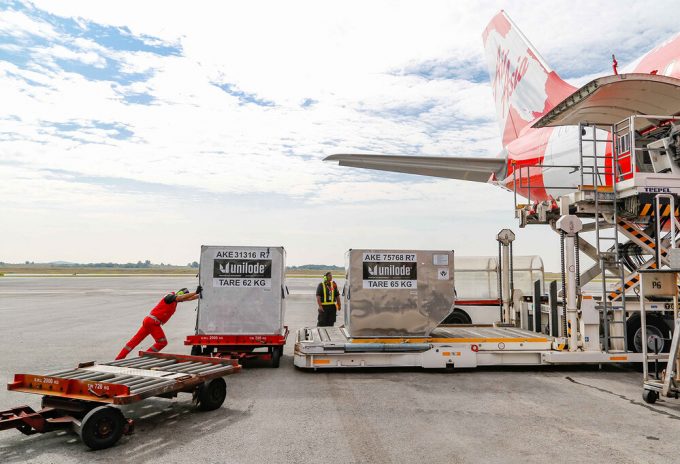Airfreight players eye new routes as demand on the transpacific nosedives
The sudden fall in demand for airfreight on the transpacific is beginning to trigger capacity ...

Teleport claims its multimodel fleet strategy is redefining the interline process for the logistics market.
The South-east Asian logistics specialist says relying on a single-fleet model just won’t cut it any more, an integrated, hybrid model is the way forward, and has ...

Comment on this article